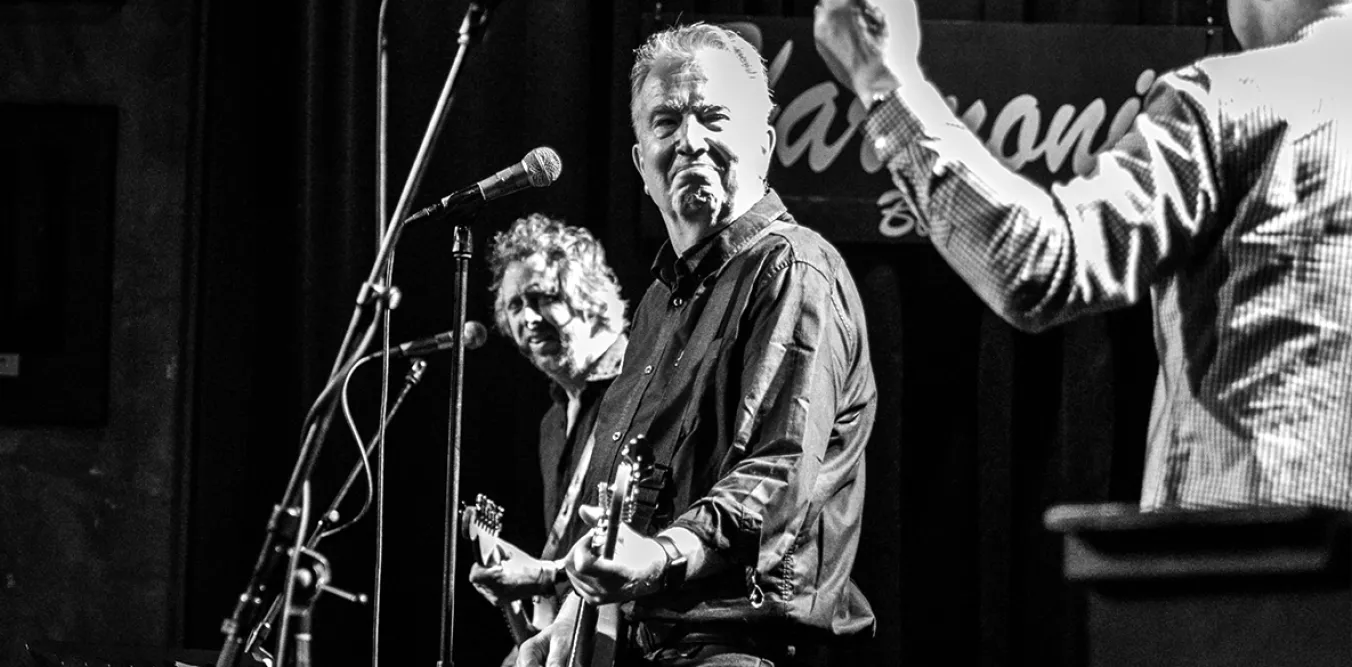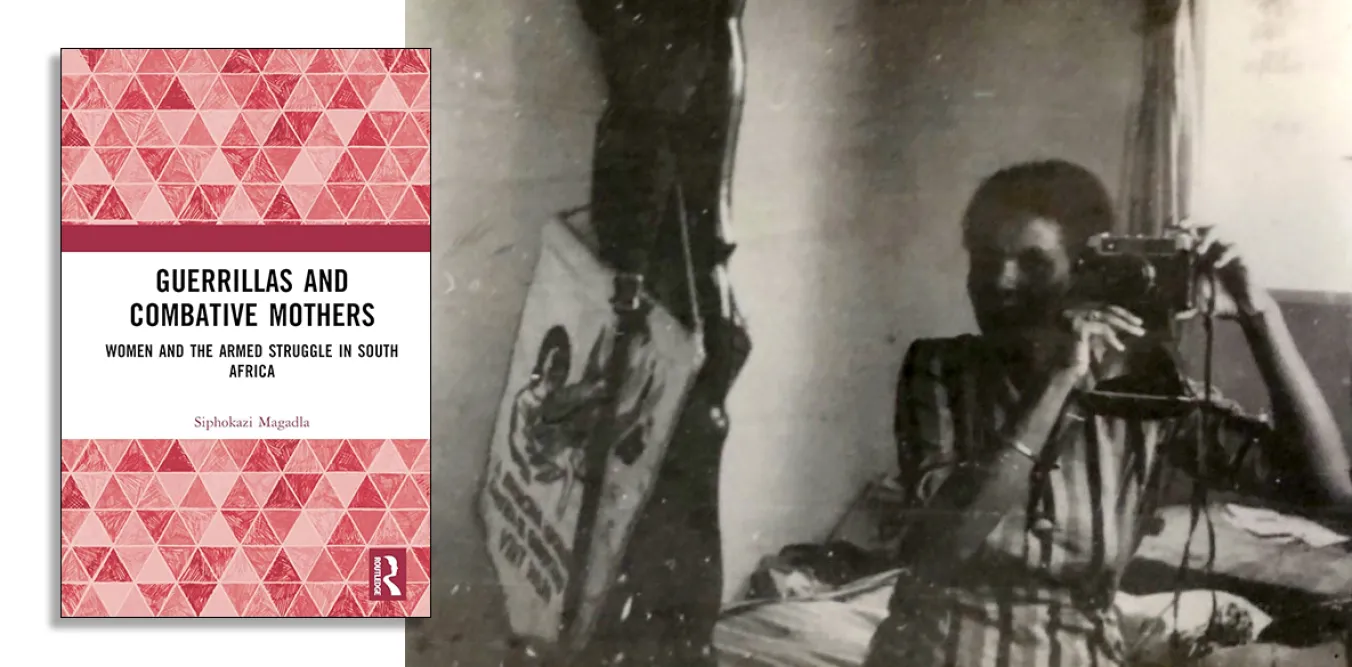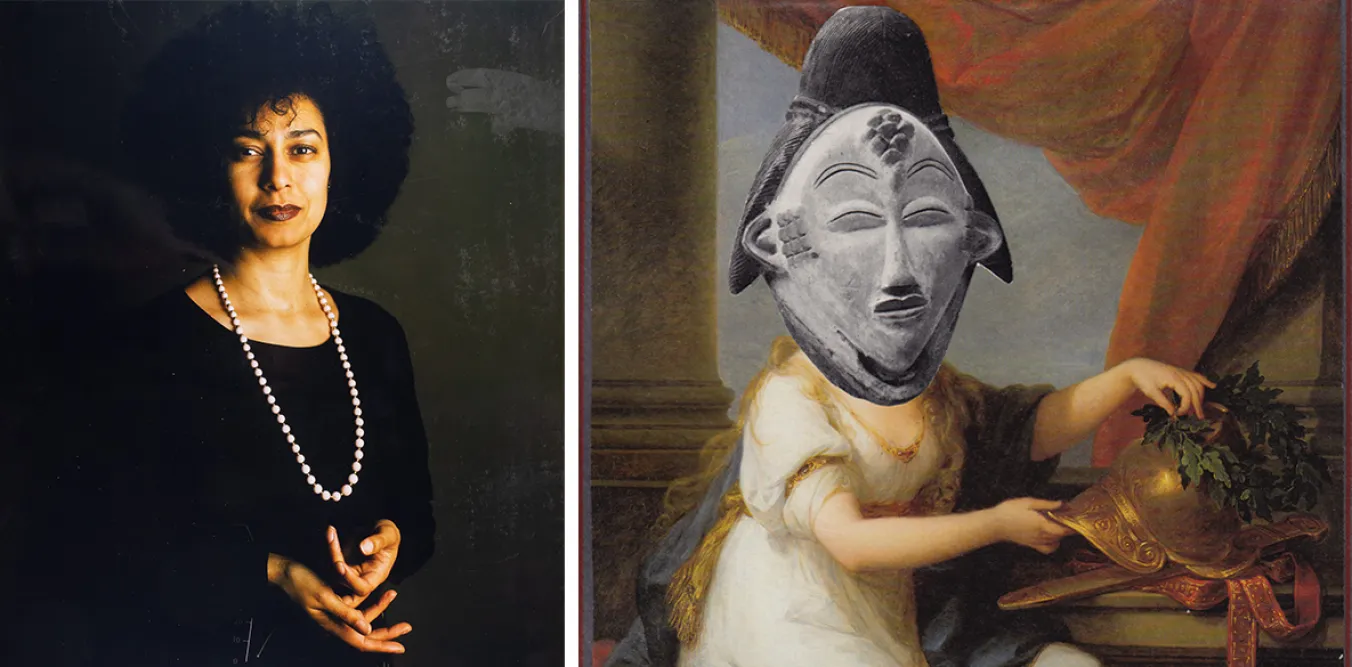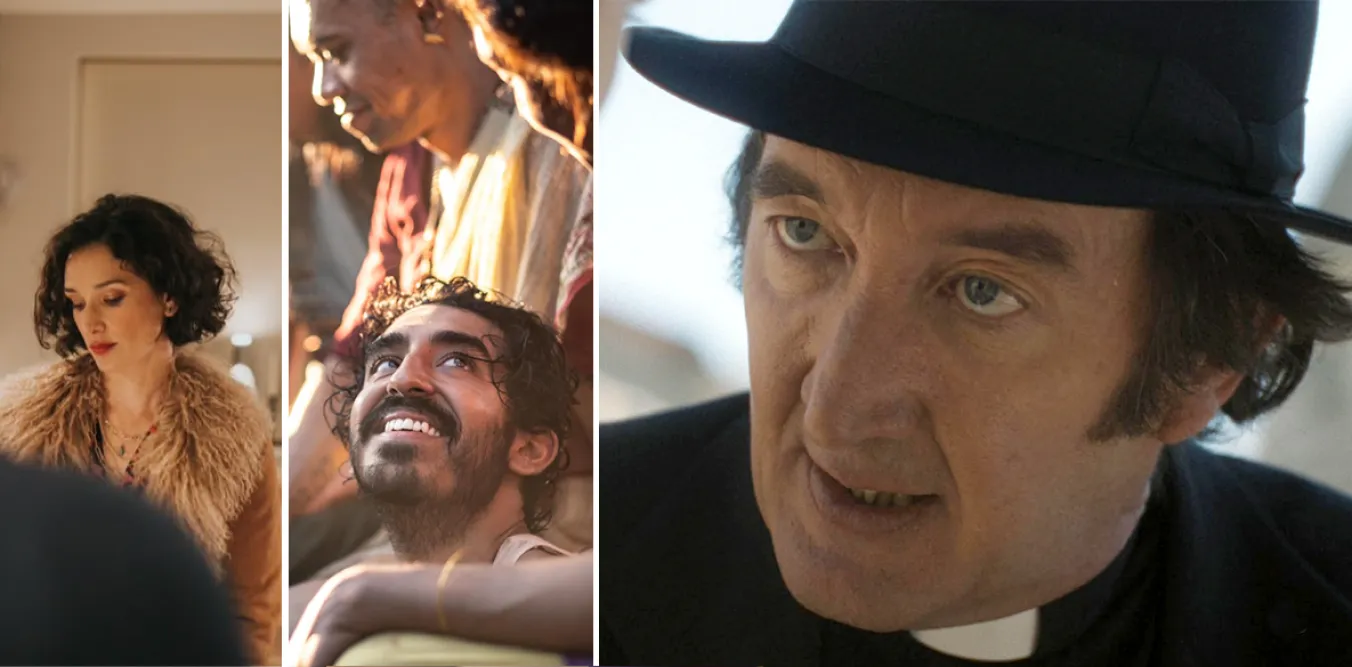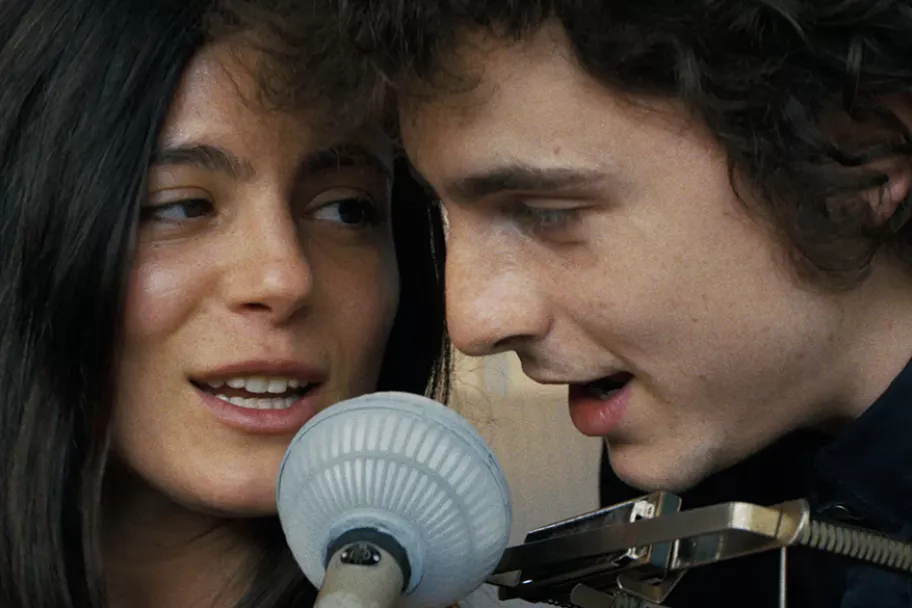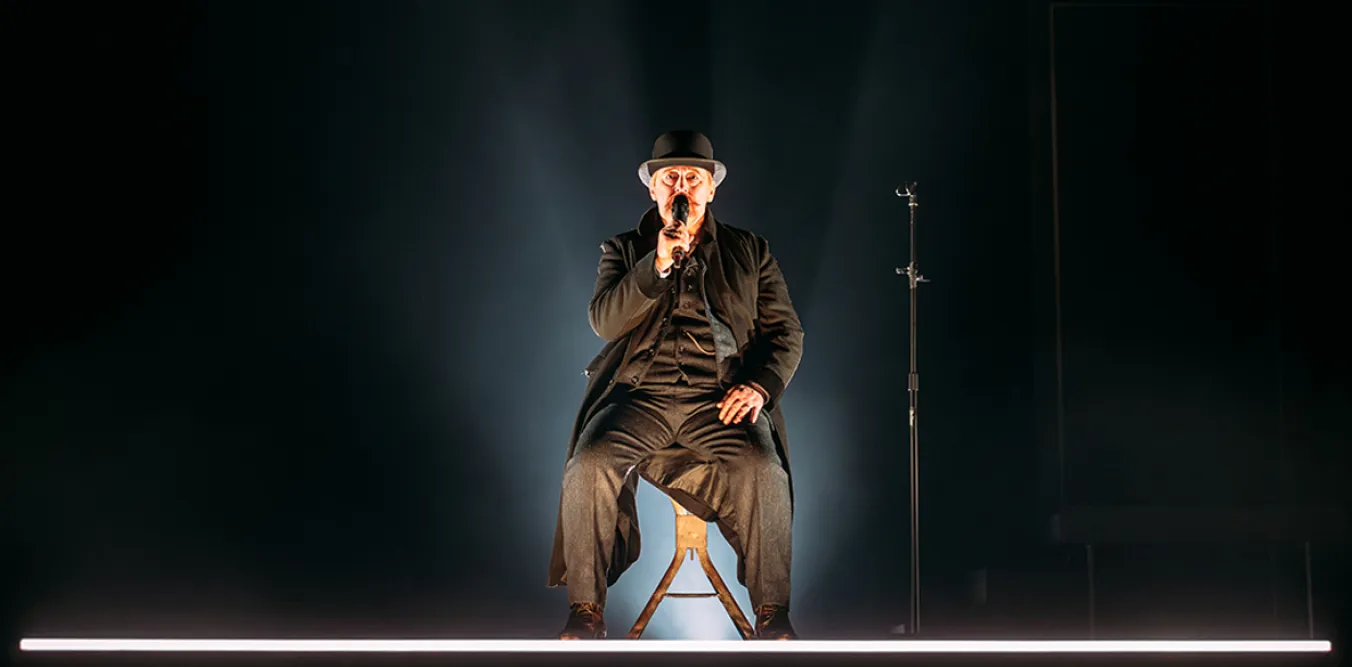
Jekyll and Hyde
Royal Lyceum Theatre, Edinburgh
FORBES MASSON stars in this one-person play adapted by Gary McNair from Robert Louis Stevenson’s classic Gothic novella, and directed by Michael Fentiman. As in the original, the “strange case” is narrated by Mr Utterson, a lawyer and friend of Henry Jeykll, who encounters Edward Hyde first by hearsay and then directly, before gradually coming to understand the truth of their connection.
The set and lighting design by Max Jones and Richard Howell are simple and unfussy but strikingly effective: three rectangles of white light against an almost empty black stage. The largest frames the “fourth wall” through which we see the stage, the second outlines a small raised platform on which almost all of the action takes place, while the third and smallest stands upstage and represents the door through which Hyde emerges and retreats.
The simple play of light and darkness — enhanced by Richard Hammerton’s soundscape — creates moments of shock, and there is an eerie effect near the end when Utterson finally approaches the door. Against its brightness, and with a soft spotlight fading up and down, his figure seems to transform and distort.


